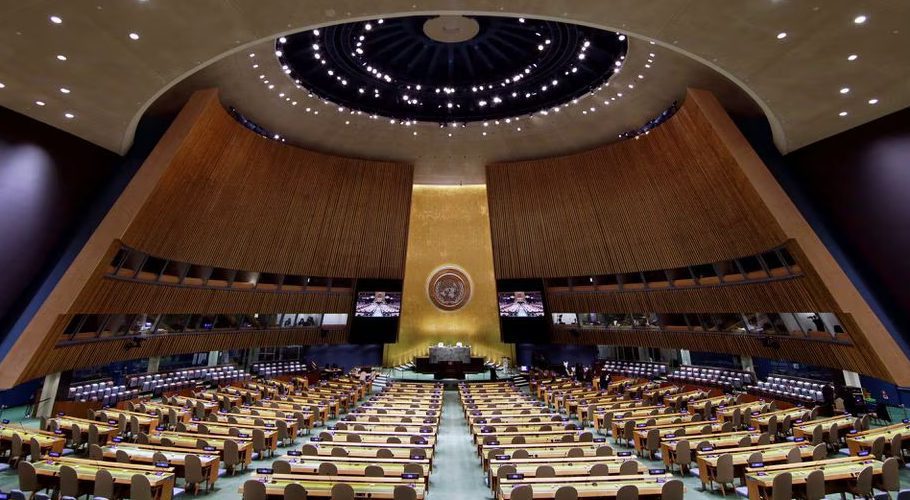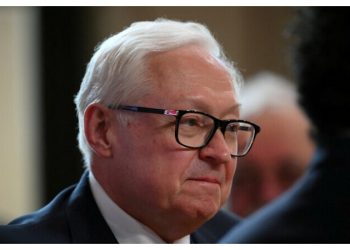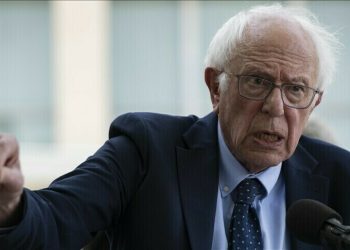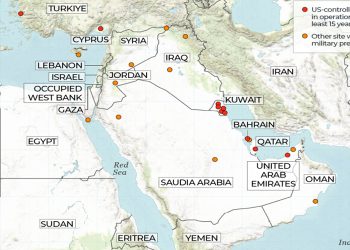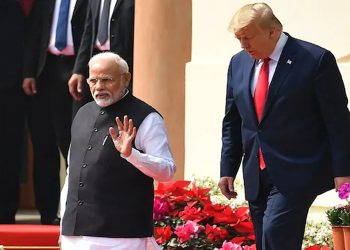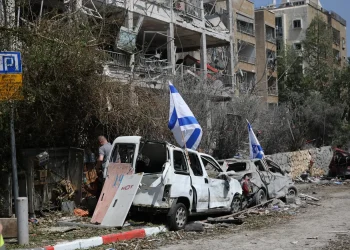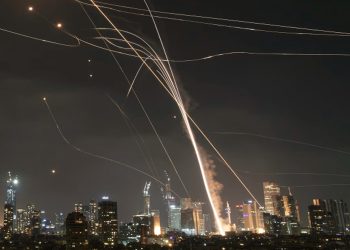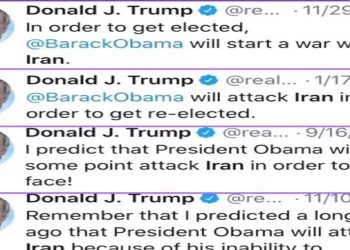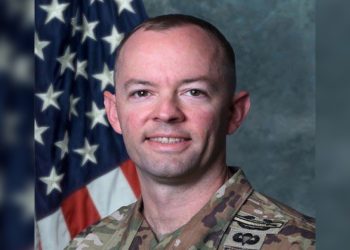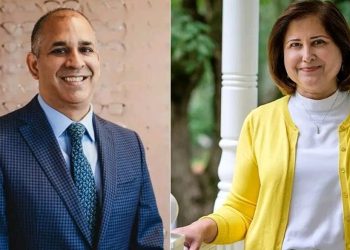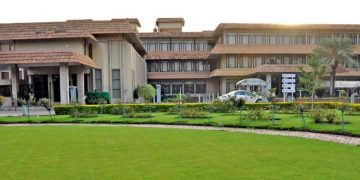UNITED NATIONS: Throughout it all, the dangers of climate change, poverty, and inequality have steadily, increasingly thrummed through each gathering of world leaders at the U.N. General Assembly. For two years, it was the coronavirus epidemic, and then it was Russia’s conflict in Ukraine.
As the 78th session opens, there’s no single clear crisis set to dominate the General Debate, as none of the aforementioned ones have been resolved. The high-level meeting will be set against the backdrop of an ongoing war, new political crises in West Africa and Latin America, a lingering coronavirus, economic instability, widening inequality and fresh natural disasters in the forms of devastating earthquakes, floods and fires.
In the face of this tumult, the theme for this year’s General Debate will be “Rebuilding trust and reigniting global solidarity: Accelerating action on the 2030 Agenda and its Sustainable Development Goals towards peace, prosperity, progress and sustainability for all.”
What’s the point of the UN General Assembly?
While the effectiveness of the United Nations has been questioned for as long as it has existed, the benefits of attendance are undeniable. From the dais, countries broadcast their agendas, grievances and calls to action to the entire world and for the permanent record.
The exercise in multilateralism was born in the wake of World War II, and grounded in the hope for lasting peace. This week is a key chance for countries often drowned out by what they decry as a hegemonic world order to grab the attention of a larger audience. It’s also a chance for leaders to engage in meetings on the sidelines in neutral territory.
Who’s coming to New York this year?
Heads of state and government from at least 145 countries are expected to take the dais at the river’s edge. Among them will be Brazilian President Luiz Inácio Lula da Silva, U.S. President Joe Biden and Ukrainian President Volodymyr Zelenskyy — all expected in the first day. This will be Zelenskyy’s first in-person appearance at the United Nations since the Russian invasion of his country — in 2022, the General Assembly voted to grant him special dispensation to submit a prerecorded speech.
What does the General debate look like?
We might be in the midst of U.S. presidential primary debate season, but the structure of the General Debate at the United Nations bears little resemblance. It doesn’t lend itself to obvious fireworks — booing or interruptions or immediate rebuttals are not permitted — but that doesn’t mean intrigue and drama are absent.
Each speech alone offers a rich text and the delivery adds subtext. Speeches can be fonts of evocative language, barbs and gauzily veiled messages. They’re supposed to run for 15 minutes, but many miss that mark.
It’s still six days, as usual, but this year’s General Debate ends a day later — Tuesday, Sept. 26. While past General Debates usually ran from Tuesday through Monday, with a break only on Sunday, this year there’s a two-day break. A U.N. spokesperson confirmed that there will be no speeches on the usually final Monday in observance of the Jewish holiday of Yom Kippur.
Why does Brazil speak first at the UN Generals Assembly?
It’s tradition. Early on, Brazil ventured forward when no other country would volunteer to speak first. Decades later, the South American country retains the pole position. As the host country, the United States typically speaks second (though last year, President Joe Biden had to delay his speech by a day because he was attending Queen Elizabeth II’s funeral ).







